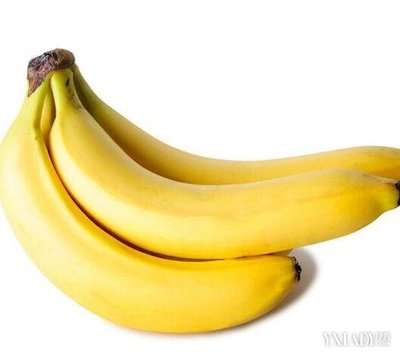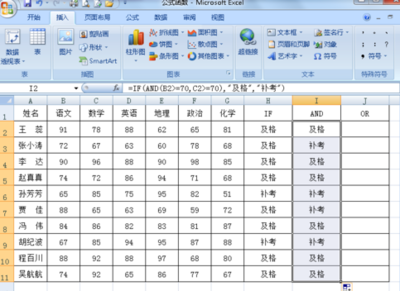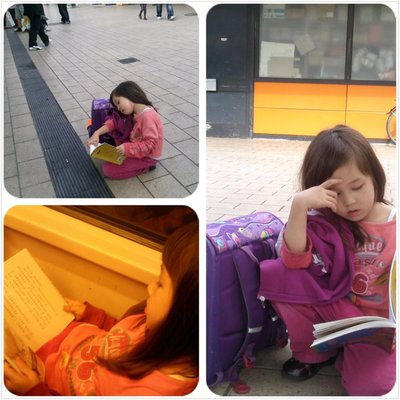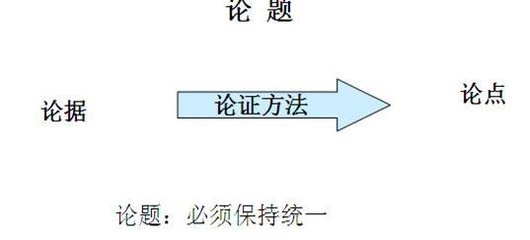一、rather 与其同义词的区分
rather作为独立的副词使用,可表示"相当"的意思。其同义词有:pretty, quite,fairly。它们表示"相当"的程度从强到弱依次为:rather, pretty, quite,fairly。例如,对于HarryPorter这本书,有人认为"fairlygood(还可以,还不错)",这种评价通常并不能引起听话人去看这本书的兴趣;有人认为"quitegood(相当不错,值得一看)",这可以说是一种推荐的说法;而如果有人说"rathergood",那就表示"远远胜过其他同类",你可应该看一看了。可见这组词在"相当"程度上的语气差别。当pretty表示"相当"的意思时,通常只用于口语。
此外,还要注意这组词各自特定的使用场合:
1.当rather修饰表示批评、失望、惊奇等带有负面含义的形容词和副词时,该词传达说话人的一种否定、不赞成的态度,意为"颇,在一定程度上"。例如:
This initially rather dull hobby had led him into fresh fieldsof enjoyment. 这个刚开始颇无趣的爱好带他进入了一个全新的乐土。
注:fairly也可表示"颇,在一定程度上"的意思,但通常置于一些带有肯定、正面含义的形容词和副词之前。如果所修饰的形容词或副词为中性词,那么用rather,就会传达出说话人否定、不赞成的态度,用fairly则传达说话人肯定的态度。
The summer in Beijing is rather hot. (The speaker dislikesit.)
The summer in Beijing is fairly dry. (The speaker likesit.)
2. 当rather用于一些带有肯定含义的形容词和副词(如:amusing, clever, good,etc.)之前时,意为"非常,相当",含义接近very。此时不传达任何否定或不赞成的态度。
It is a rather good film. 这是相当好的一部电影。(表达说话者对该电影的一种相当推崇的态度)
3. 上述副词中只有quite和rather 可以修饰动词,如:
I quite like this book.
She rather enjoys sweeping and cleaning.
4. 修饰单数可数名词时,fairly和pretty只能放在冠词之后,而quite 和rather 可前可后。如:
It is quite a good film. = It is a quite good film.
It is rather a good film. = It is a rather good film.
It is a fairly good film.
It is a pretty good film.
二、rather 构成的习惯用语及搭配形式
1. would rather 宁可,宁愿
(1)would rather后接动词原形;表否定时,后接not +动词原形
I’ll never be dependent on anyone again. I would rather starve(than be dependent on anyone else). 我再也不依靠任何人了。我宁愿饿死(也不靠别人)。
John really dislikes dancing. He would rather not go dancingwith his wife. 约翰确实不喜欢跳舞。他宁可不和妻子一起去跳舞。
(2)wouldrather后接that从句,从句用虚拟语气,即用一般过去时表示现在或将来的动作或状态,用过去完成时表示过去的动作或状态。如:
I’d rather (that) you set out to do the tasknow.我宁愿你现在就着手这项工作。
I’d rather you picked her up at the airport tomorrow morning.我宁愿你明早去机场接她。
I’d rather you had not told her the news thatday.我宁愿你那天没告诉她这个消息。
(3)变体形式:would rather do ... than do ...
I would rather die than surrender to the enemy.
我宁可死也不会向敌人屈服。
2. rather than
(1)接形容词/名词,表示"与其……,不如……"
This pair of shoes is comfortable rather than pretty.这双鞋与其说是漂亮,不如说是舒服。
John is a doctor rather than a teacher.与其说约翰是个老师,不如说他是个医生。
(2)接名词或代词,可表示"而不是"的意思,相当于短语instead of或in place of。I, rather thanhe, should be responsible for this failure. 该对这次失败负责的是我,而不是他。
(3)接动词原形,表示"而不是"Rather than allow the vegetables to go bad, hesold them at half price. 他将蔬菜半价卖掉,而不是让菜坏掉。
3. or rather,表示"更确切地说",起进一步解释说明的作用。
She worked as a secretary, or rather, a personal assistant.她当了秘书,确切地讲,是私人助理。
4. not ... but rather ... 表示"不是……,相反(而是)……"
Their problem is not a lack of funding, but rather a lack ofplanning. 他们的问题不是缺乏资金,而是缺乏规划。
5. rather than 与prefer 连用,表示"宁愿做……而不愿做……"
(1)prefer to do ... rather than do ...,如:
They prefer to repeat their former experiences rather than takenew risks.
他们宁可重复以前的经历也不愿意进行新的冒险。
(2)prefer +名词... rather than +名词,替代prefer ... to的用法,如:
I should prefer wine rather than beer. 我宁愿喝红酒而不愿喝啤酒。
牛刀小试
请选择最合适的选项完成句子。
1. —Shall we go skating or stay at home?
—Which _____ do?
A. do you rather
B. would you rather
C. will you rather
D. should you rather
2. Rather than ______ by bus, he prefers ______ there.
A. go; walk
B. going; walk
C. go; to walk
D. to go; walking
3. Some patients suffering from severe pain can be helped by"drugs" that aren’t really drugs at all ______ sugar pills thatcontain non-active chemical elements.
A. or rather
B. but rather
C. rather than
D. other than
4. As he was late, he had to quickly walk ______ run to hisoffice.
A. rather than
B. more than
C. or rather
D. other than
5. Yoga exercise is _______ difficult for a new beginner likeme.
A. fairly
B. prefer
C. rather than
D. rather
6. I would rather that she _____ with her friends than stayalone in holidays.
A. travel by train
B. traveled by train
C. travels by train
D. traveling by train
7. This book is instructive ______ interesting.
A. than
B. more than
C. rather than
D. but rather
答案及解析
1. B。句意:——我们是去溜冰还是呆在家里?——你更愿意做什么?分析:根据句意,应用wouldrather搭配表示“宁可,宁愿”的含义,故选B。
2. C。句意:他宁愿步行去那儿,也不愿坐公共汽车。分析:该句考查的是prefer to do ... rather thando ...结构,本句中rather than 提前。符合此类搭配的只有C选项。
3.B。句意:一些遭受严重疼痛的病人可以得到“药物”的帮助,但不是真正的药物而是含有非活性化学成分的糖衣片。分析:该句考查的是not... but rather ...结构,用来表示“不是……而是……”。A 选项orrather表示“更确切地说”;C选项rather than 表示“宁可”;D选项otherthan表示“除了……之外,还有”,如:Other than that, what else do you know abouthim?(除了那个,关于他你还了解什么?)。因此只有B项合适。
4. C。句意:由于他迟到了,他不得不快点走,更确切地说,跑到办公室。分析:该句考查的是or rather的用法,其可用来连接前后两个对等成分。句中它连接了walk与run,表示“更确切地说”。
5. D。句意:瑜伽对于像我这样的初学者来说颇难。分析:该句考查的是rather 与其同义词的区分。ratherthan和prefer均不符句意。fairly可以表示“颇,相当”的含义,但它常用来修饰带有肯定意味或褒义的形容词,而rather在表达这一含义时,却是通常与较负面和贬义的形容词搭配,difficult正是这样的形容词。故本题选D。
6. B。句意:我宁可她假期和朋友坐火车旅行也不愿她独自呆着。分析:该句考查的是would rather (that)接从句的用法,would rather之后出现的从句必须使用虚拟语气。该从句表示的是对将来情况的假设,从句应该用一般过去时,因此正确答案为B。
7. C。句意:与其说这本书有趣,不如说这本书有教育意义。分析:该句考查的是rather than连接形容词的用法,表示“与其……,不如……”。A选项than是比较级的连接词,必须使用more ... than结构;B选项morethan含义是“十分”,如: I am more than happy to see you.(见到你我十分高兴。),morethan 的另一种形式more ... than连接形容词,可以表示“与其……不如”,因此该句可以改写为:This book ismore instructive than interesting;D选项(butrather)与否定连用,表示“不是……而是”,该句中没有否定词,不符合。因此只有C选项正确。
 爱华网
爱华网


